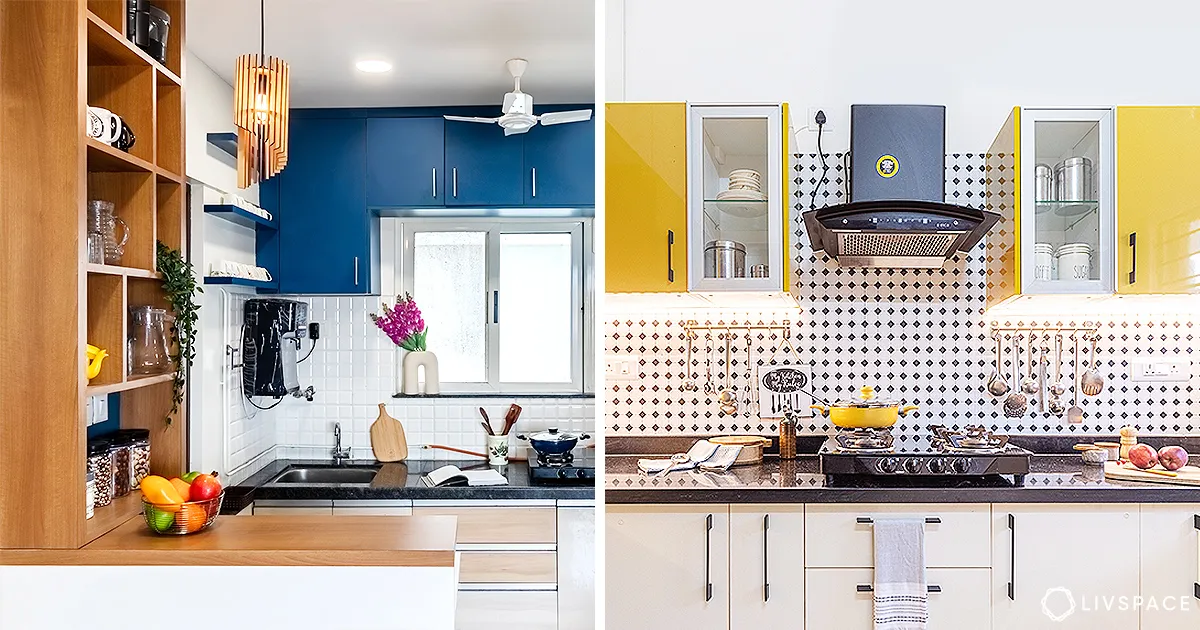Commercial locks are specially designed to provide security for businesses, offices and other commercial properties. These locks are typically more durable and heavy-duty than residential locks, and are able to withstand the heavy usage and wear-and-tear that come with being in a commercial setting. They also tend to offer a higher level of security and can come with a variety of features, such as keyless entry, to meet the specific needs of the business. There are different types of commercial locks available including Lever Handle Locks, Deadbolt Locks, Electronic Locks, Magnetic Locks, Panic Bars, Cylindrical Locks, and Mortise Locks, each with their own unique set of features and benefits, expert advice is recommend before the selection of the right type of lock for the specific property.
Commercial locks come in a variety of types, each with its own unique set of features and benefits. In this article, we will discuss the different types of commercial locks available on the market and their uses.
Lever Handle Locks
- Lever handle locks are a popular choice for commercial buildings, as they are easy to use and provide a high level of security. These locks use a lever handle to release the latch, making them ideal for buildings with a high volume of foot traffic. They can also be equipped with a keyed cylinder for added security.
Deadbolt Locks
2. Deadbolt locks are another popular choice for commercial buildings, as they provide a high level of security. These locks use a bolt that is thrown or withdrawn with a key or thumb turn, and are typically used on doors leading to exterior or high-security areas of the building.
Electronic Locks
3. Electronic locks use a keypad or card reader to grant access, making them ideal for businesses that need to restrict access to certain areas. These locks can be programmed to grant access to specific individuals at specific times, and can also be used to track who enters and exits the building.
Magnetic Locks
4. Magnetic locks, also known as mag locks, use an electromagnet to hold the door in place. These locks are activated by a control device, such as a keypad or card reader, and provide a high level of security. They are often used in high-security areas, such as server rooms and banks.
Panic Bars
5. Panic bars, also known as crash bars or push bars, are often used on the exterior of commercial buildings. These locks release the latch when pushed, allowing occupants to quickly exit in case of an emergency. They are often required by code in public buildings, such as schools and hospitals.
Cylindrical Locks
6. Cylindrical locks are one of the most common types of locks used in commercial settings. They use a keyed cylinder to release the latch and are easy to install and maintain. They can be used on both interior and exterior doors, and are available in a variety of finishes to match the aesthetic of the building.
Mortise Locks
7. Mortise locks are a type of lock that is typically used on heavy-duty commercial and industrial doors. These locks are installed by cutting a pocket, or “mortise,” into the door, and require a separate key and thumb to operate.
In conclusion, commercial locks come in a variety of types and have different features to meet the needs of different businesses. The best option for a specific building or business will depend on the level of security required, the volume of foot traffic, and the specific needs of the business. Consult with professional locksmiths or security experts to determine the best solution for your specific needs.




